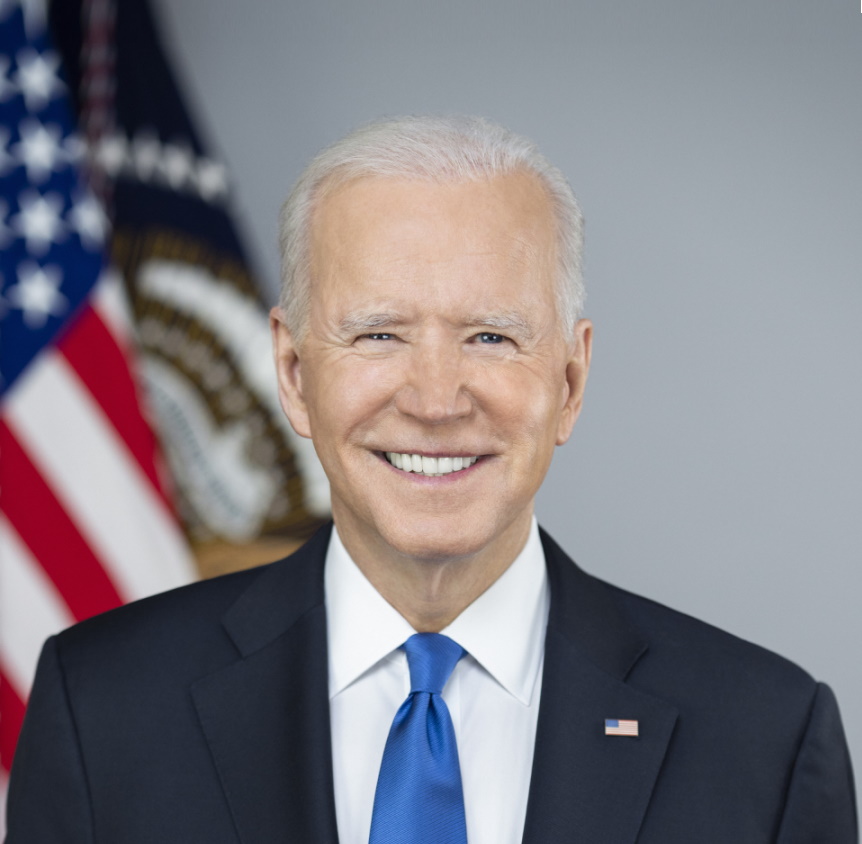
Secondary sanctions and multilateralism – the way ahead

The sensitive issue of American ‘secondary sanctions’ imposed on its allies generated serious tensions in the transatlantic relationship when the US left the JCPOA with Iran. Some hoped these would ease with the Biden administration, but the current row about the Nord Stream 2 pipeline demonstrates that the extraterritoriality of sanctions is a well-entrenched US bipartisan policy.
The EU has made numerous efforts to react by developing countermeasures, but these have not convinced European companies to challenge the sanctions. The perspective of enhancing the role of the Euro to reduce the dominance of the Dollar in world transactions is also still considered a long shot. New countermeasures have been suggested, notably by the Jacques Delors Institute and the European Commission has announced ‘additional policy options’ to that effect.
But the issue should also be addressed in the context of a revival of multilateralism, which the Biden administration seems to favour. The renewed transatlantic dialogue and the G7 framework could be used to address this sensitive issue, in a context in which China’s power aims at challenging the US unipolarity – and the EU aims at developing its ‘strategic autonomy’.
(Photo credit: Ursula von der Leyen: source EUCOM, © European Union, 1995-2021; Charles Michel: source EU, European Council President)